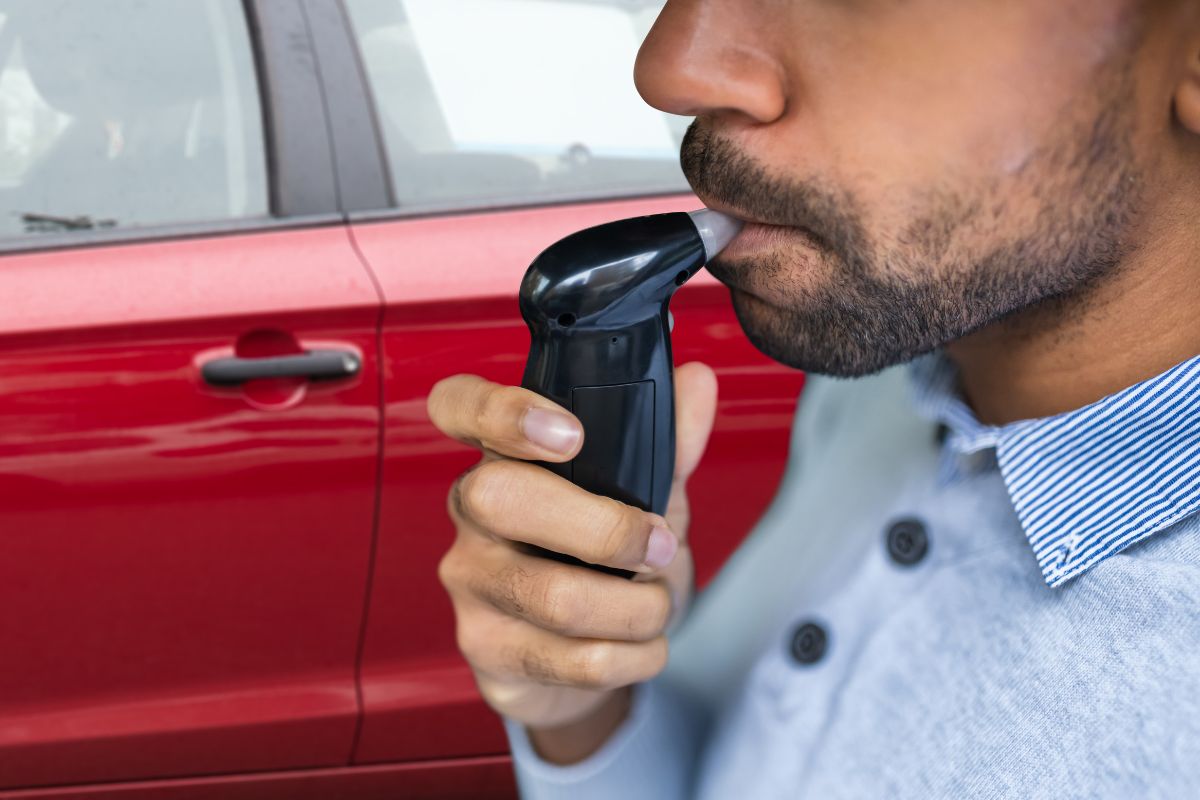If you provided a sample of your breath and the machine said you blew over the legal limit, you have likely been charged with driving with a blood alcohol over the legal limit (s. 253(1)(b) of the Criminal Code). This is known as an “Over 80” or “Over .08” charge; for a quick overview of how these offences are defined and prosecuted, see Impaired Driving and Over 80 (s. 320.14 (1)) Laws in Canada.
Impaired Driving and Driving Over 80 are charges frequently seen in tandem. In fact, any time someone is charged with Over 80, they are also charged with Impaired Driving unless the police messed up somehow. The two offences share very similar offending conduct. When someone drives with a blood alcohol level over the legal limit, their ability to operate a motor vehicle is typically deemed to be impaired. Likewise, if a driver’s ability to operate a motor vehicle is impaired by alcohol, they will almost invariably blow over the legal limit. Due to a legal principle that a person should not be convicted of multiple offences that share a very similar (if not identical) delict, you cannot be convicted of both the impaired driving and “Over 80” charge. If you have been charged with both offences, however, you have to beat both charges as they both carry the same mandatory minimum punishment.
Although there are several similarities between the two charges, and they often accompany one another, there are also some key differences. Impaired driving refers to driving when your ability to do so is impaired by alcohol or a drug (including when you’re driving while high on drugs). You can be convicted of impaired driving even if your blood alcohol concentration is below the legal limit. If you have a low alcohol tolerance, your ability to drive may be impaired despite the fact that your blood alcohol content (BAC) is only 20. The opposite may be true for someone with a high alcohol tolerance whose BAC is 100, but whose ability to drive is not impaired due to their tolerance. This means that the individual who drove at 20 could be convicted of impaired driving, but the individual who drove at 100 would not.
The opposite is true for the driving “Over 80” charge, which is made out when your blood alcohol content is over the legal limit, regardless of whether or not your ability to drive was impaired. For this charge, an individual whose ability to drive is impaired but who blows 20 will not be convicted, and an individual whose ability to drive is not impaired but who blows 100 could be convicted.
Perhaps the biggest difference between the two charges from the defence perspective is the strategy involved in litigating them. With impaired driving charges, for example, it doesn’t matter what you blow. What really matters is how your driving and you appeared. It is the observations of civilian witnesses as to your driving, walking, talking, coordination, etc, that really carries the day. Our job as defence lawyers is to either exclude or explain observations consistent with impairment, and flush out observations consistent with sobriety.
With “Over 80” cases, the only thing that matters is if the document that says what you blew is allowed to go into evidence. Observations or impairment are insignificant, except as they impact the analysis of whether your “Charter” rights have been violated. For a more thorough review of “Over 80” defences, continue to read the other frequently asked questions in this topic area. If the issue in your case is a refusal or failure to provide a breath sample, here’s how to defend a refusal/fail to provide breath sample charge.
As the above distinctions demonstrate, impaired driving defence is an extremely technical and complicated area of law. Retaining a criminal defence lawyer with demonstrated experience in this area will allow you to explore the best possible defences to these charges.








